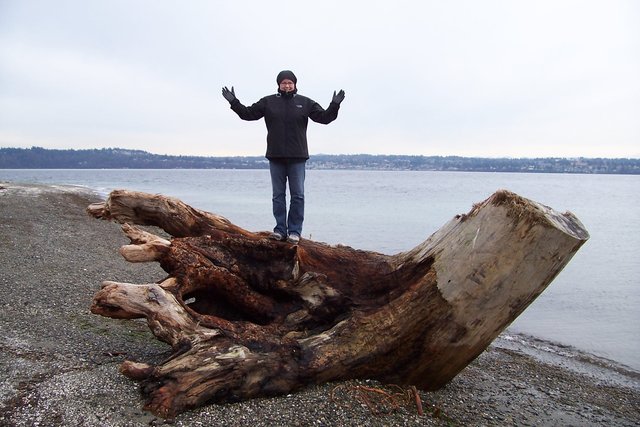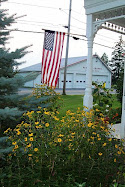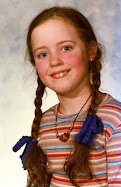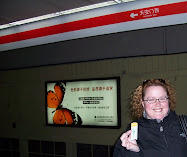In my experience, adoptees who search fall into two categories, although I'm sure there are lots of other reasons I haven't considered. Either you are consumed with a need to know, a burning desire to find out "why" and have questions about your biological family answered or you approach it as a Sherlock Holmes mystery to be solved. I came to searching as the latter of the two.
I was perfectly satisfied with my life; my family was far from perfect but I recognized early on that this is true of most people's families. I hadn't been confronted with any serious health problems that drove me to find biological relatives, and no tragic or awful events had occurred in my young life that made me need to know. I was simply curious. It started out in college when a stranger on the 4 train told me that I looked just like their cousin from County Sligo. Interesting, I thought. The curiosity intensified when I took a job post-college traveling the US and spent a lot of time by myself, just thinking about life and family and the importance of connections. I realized that there were people out there who knew who it was that I actually resembled, who had insight into what my biological predestination might have been.
As I got even older, every time I went to the doctor, I was hit with the family history question, which if you're not adopted, you've probably never realized is no-win question for adoptees of my age. You get to say every single time "no, I have no family history", "no, I don't know if there's a genetic history of breast cancer," "no, I have no idea if anyone else has heart disease", "no, I don't know anything about my family history of x, y, z". It gets old. It gets frustrating. It makes your life more dangerous than it needs to be in this age of genetic markers and familial predisposition. It made me mad.
It was, at this point, that I actually became a searcher of the first type...I was motivated by the belief that it is wrong to penalize adult adoptees for decisions that they had no choice in making. While I always believed (and still do) that birth parents have a right to privacy, I believe that that right does not extend to secrecy around medical records. They have a right not to be contacted by their offspring without their consent, but there should be a mechanism to reunite adult adoptees with information which is useful, informative and potentially life-saving, and it should not require a court order to do so. My experience with the "non-identifying" information that agencies in NYS provide, while it did provide one of the kernels that ultimately unlocked my mystery, was useless to me medically as it only captured the family medical situation as it was in 1970.















